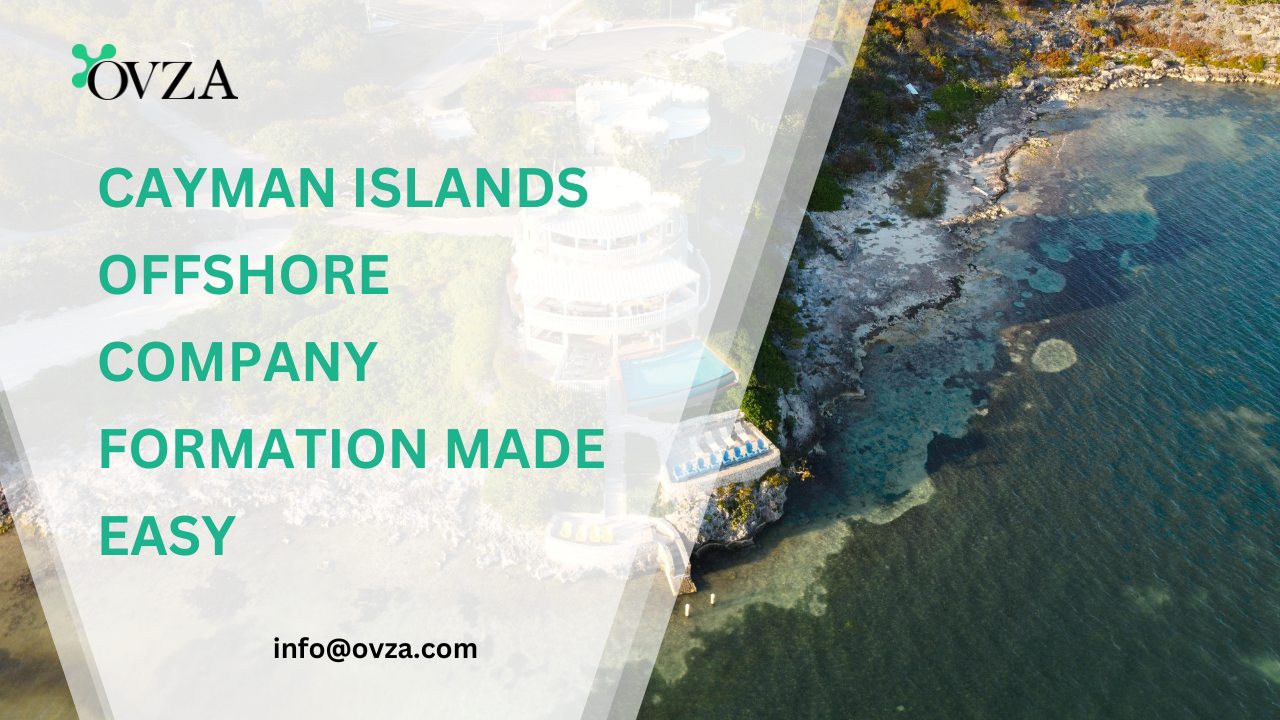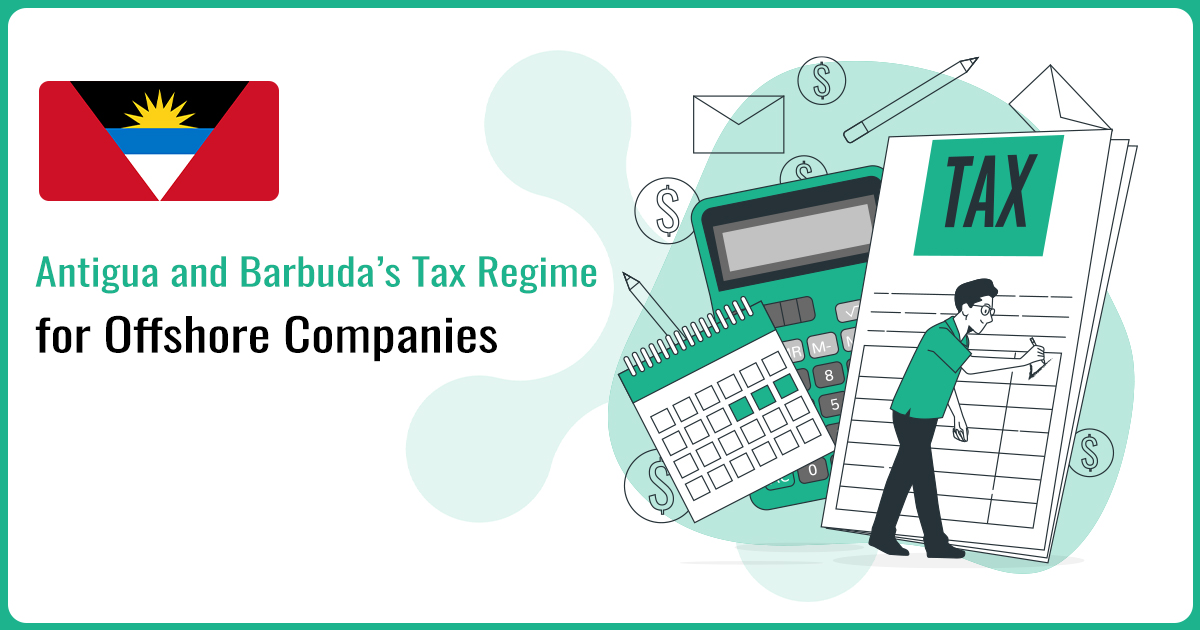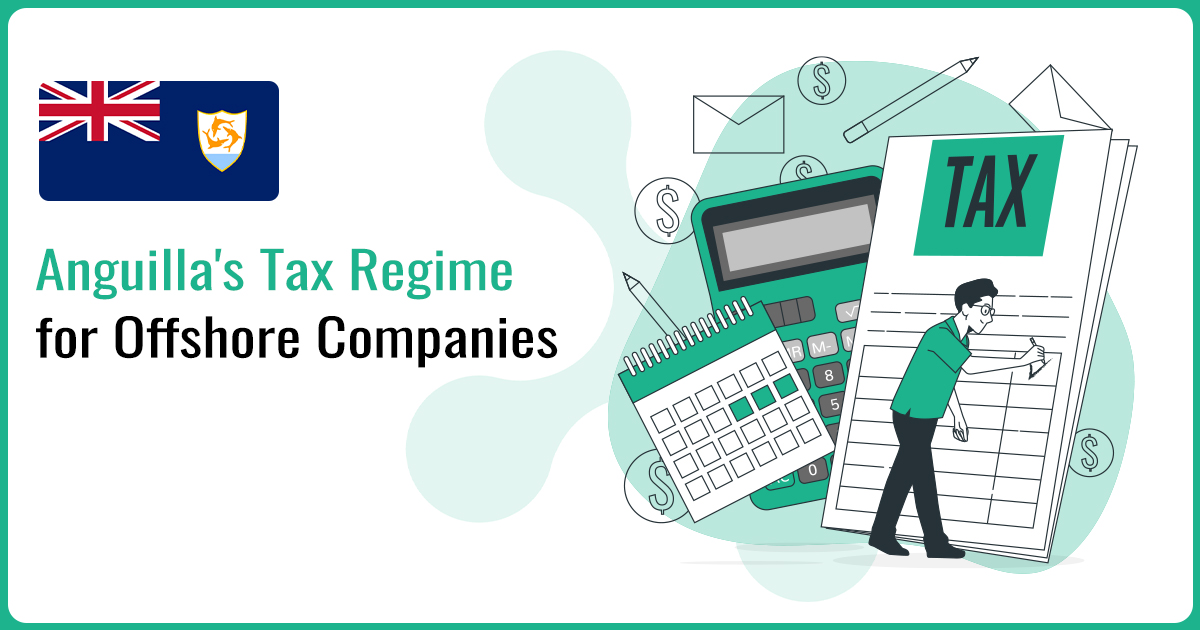Operating a business through an offshore company can unlock flexibility, privacy, and tax efficiency. But when it comes to payment processing, many founders quickly run into walls. In 2025, mainstream platforms like Stripe, PayPal, and Wise remain extremely limited — or outright inaccessible — for traditional offshore entities.
If you’re searching for a way to connect your offshore company with Stripe, use PayPal under an offshore structure, or open a Wise account through an IBC, it’s critical to understand how these providers approach compliance and risk — and why most offshore companies ultimately need offshore-compatible merchant services, not consumer-facing platforms.
Learn why Stripe, PayPal, and Wise don’t work for offshore companies—and how OVZA offers legal payment alternatives that do.
Stripe and Offshore Companies: A Complete Mismatch
Stripe is one of the most popular payment processors for startups and digital businesses — but it is not compatible with offshore companies. As of 2025, Stripe does not support entities incorporated in typical offshore jurisdictions like the British Virgin Islands, Seychelles, Belize, or Nevis.
The issue is not just technical — it’s legal. Stripe’s internal policies are tied to local banking networks, tax residency requirements, and geographic risk profiles. Even attempts to work around Stripe’s limitations by using nominee structures or supported addresses almost always result in account shutdowns.
The reality is simple: offshore companies cannot and should not rely on Stripe.
PayPal for Offshore Companies: Limited and Risky
PayPal is slightly more flexible than Stripe but still unreliable for offshore entities. While it is technically possible to open a PayPal Business account in certain jurisdictions, the platform often flags and restricts accounts that are associated with offshore companies — particularly if the country is viewed as non-cooperative or opaque under OECD or FATF guidelines.
Many business owners report account freezes, withdrawal delays, and unexpected verification requests. These interruptions can last weeks and result in permanent loss of access to funds.
“We’ve seen too many clients lose access to critical revenue because they tried using PayPal or Stripe with offshore companies,” says Eli Carter, Head of Legal Affairs at OVZA. “The problem is that these platforms are built for domestic compliance models. Offshore companies require offshore merchant solutions — that’s what they’re designed for.”
If you operate through an IBC or similar offshore vehicle, PayPal may work temporarily, but it is not a sustainable or compliant solution long-term.
Wise: Too Western-Centric, Too Restrictive
Wise (formerly TransferWise) has become popular with digital nomads and small businesses due to its low fees and easy cross-border transfers. But Wise operates under strict EU/UK/US regulatory frameworks — and its compliance department is not favorable toward offshore companies.
Wise’s onboarding process requires extensive documentation, local substance (such as a business address or director), and a banking relationship within their supported countries. Traditional offshore jurisdictions do not meet these conditions, and most Wise applications from offshore entities are rejected outright or frozen during review.
Even when accounts are initially approved, Wise frequently requests updated documentation, enhanced due diligence, and proof of in-country activity — requirements that most offshore companies simply cannot meet.
Wise, like Stripe, is designed for onshore or hybrid companies operating in regulated Western jurisdictions. For fully offshore companies, it is not a practical or reliable option.
The Offshore Alternative: EMIs and Merchants of Record
Offshore companies are not without options — but they must use the right tools. Rather than forcing Stripe or PayPal to fit, the correct approach is to work with offshore-compatible payment processors, Electronic Money Institutions (EMIs), and Merchants of Record (MoRs) that specialize in serving international structures.
At OVZA, we help clients access payment solutions that:
- Accept companies registered in offshore jurisdictions
- Offer multi-currency business accounts
- Enable merchant processing for e-commerce, SaaS, and service businesses
- Provide alternative payout structures without requiring domestic tax residency
These solutions are fully compliant and tailored to the nature of offshore operations. Whether you’re launching a global brand or managing digital income from multiple regions, offshore companies require offshore merchants — not domestic tools built for another legal framework.
OVZA partners with a vetted network of banks, EMIs, and merchant platforms that understand offshore compliance and are willing to work with legitimate, well-structured offshore entities.
Conclusion
If you’re operating an offshore company and planning to use Stripe, PayPal, or Wise, you are likely setting yourself up for rejection, suspension, or worse — frozen funds and legal complications. These platforms are not designed to accommodate the legal and jurisdictional nature of offshore companies, no matter how clean your business may be.
The right approach is to use payment solutions that are purpose-built for offshore structures. At OVZA, we connect clients with merchant providers and banking platforms that support offshore operations, meet international compliance standards, and provide the functionality your business needs to scale.
Need help finding a payment solution that actually works with your offshore company? Contact OVZA for compliant, reliable alternatives to Stripe, PayPal, and Wise — built for international business, not just domestic regulation.
Disclaimer: The information provided on this website is intended for general reference and educational purposes only. While OVZA makes every effort to ensure accuracy and timeliness, the content should not be considered legal, financial, or tax advice.













